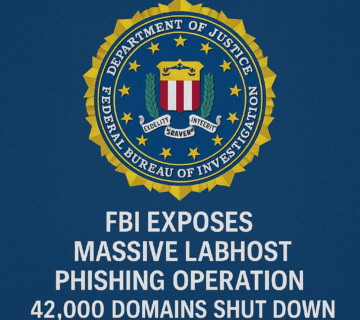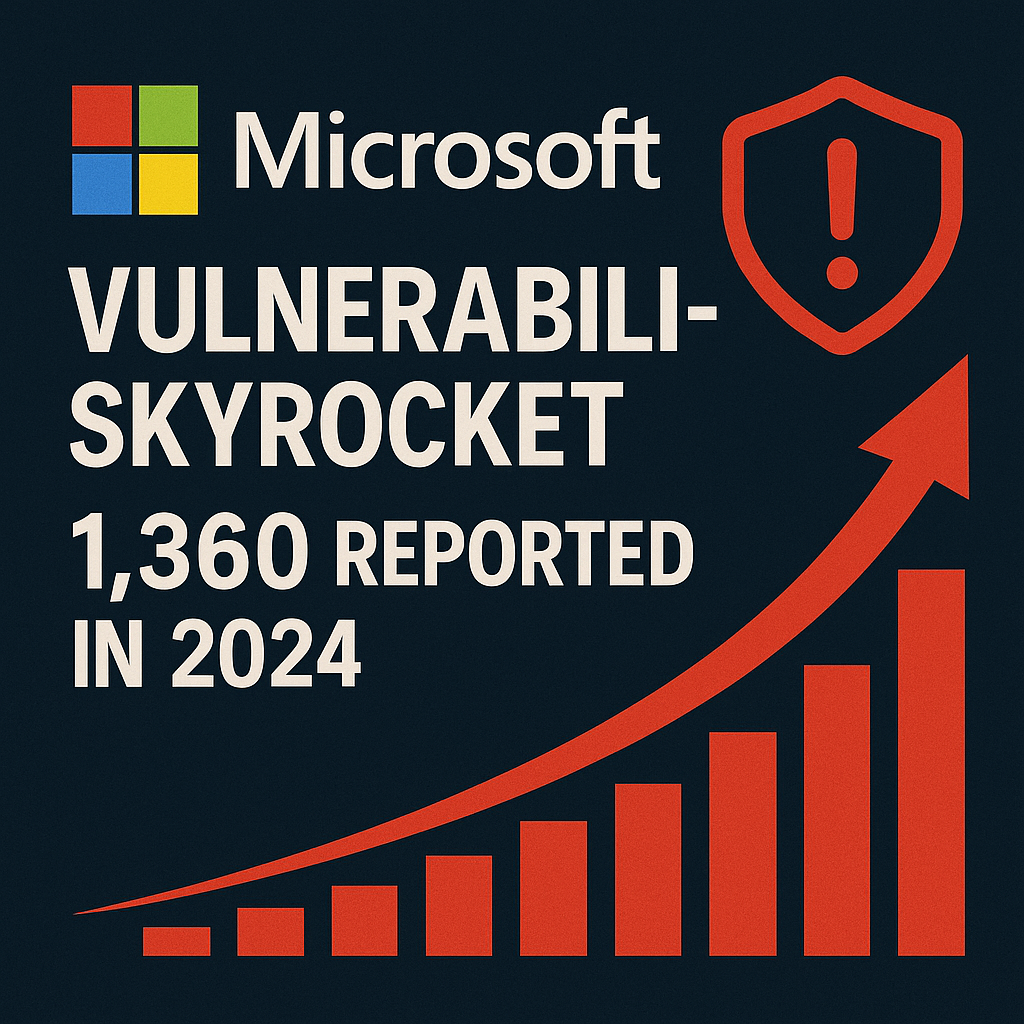
Zero-Day Attack on Chrome
A recent zero-day attack targeting Google Chrome exposed a critical vulnerability in the browser’s Mojo component, allowing attackers to execute malicious code remotely without user consent. Identified as CVE-2025-2783, the exploit was used in a sophisticated espionage campaign known as “Operation ForumTroll,” impacting Russian media and government sectors. Delivered through phishing emails containing malicious links, the attack bypassed Chrome’s security sandbox. Google swiftly patched the vulnerability in Chrome version 134.0.6998.177/.178. Zero-day threats like this underscore the importance of regular browser updates, user awareness, and proactive cybersecurity measures to protect against stealthy, high-impact exploits before patches are available.


WordPress Ad-Fraud Plugins Trigger Massive 1.4 Billion Daily Ad Requests – Shocking Cyber Threat Exposed

Microsoft Vulnerabilities Skyrocket: 1,360 Reported in 2024
